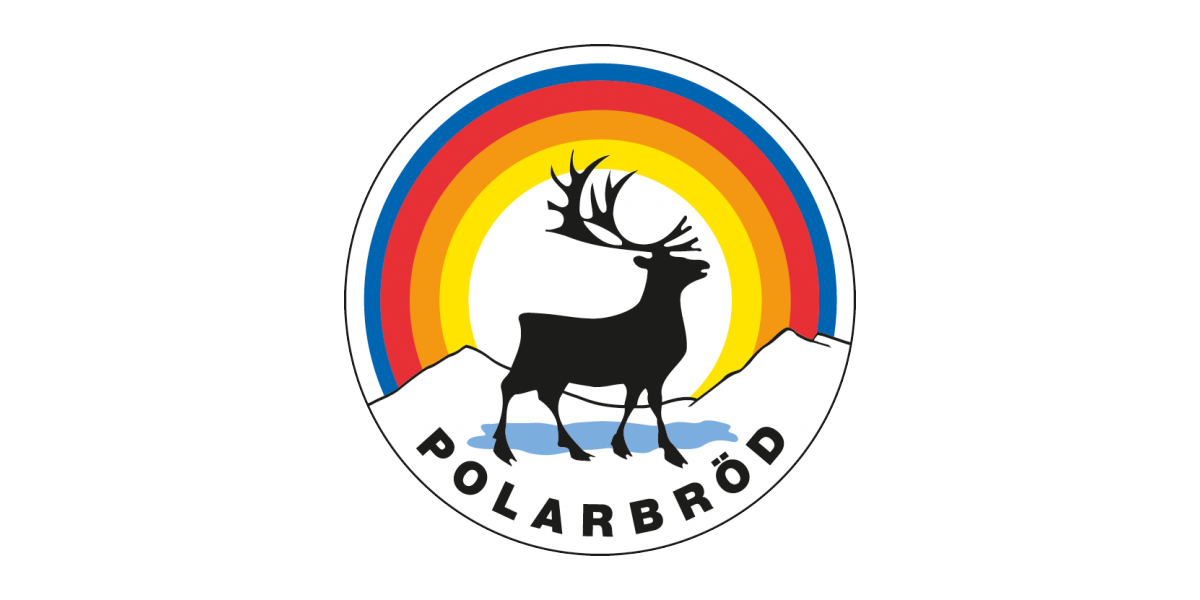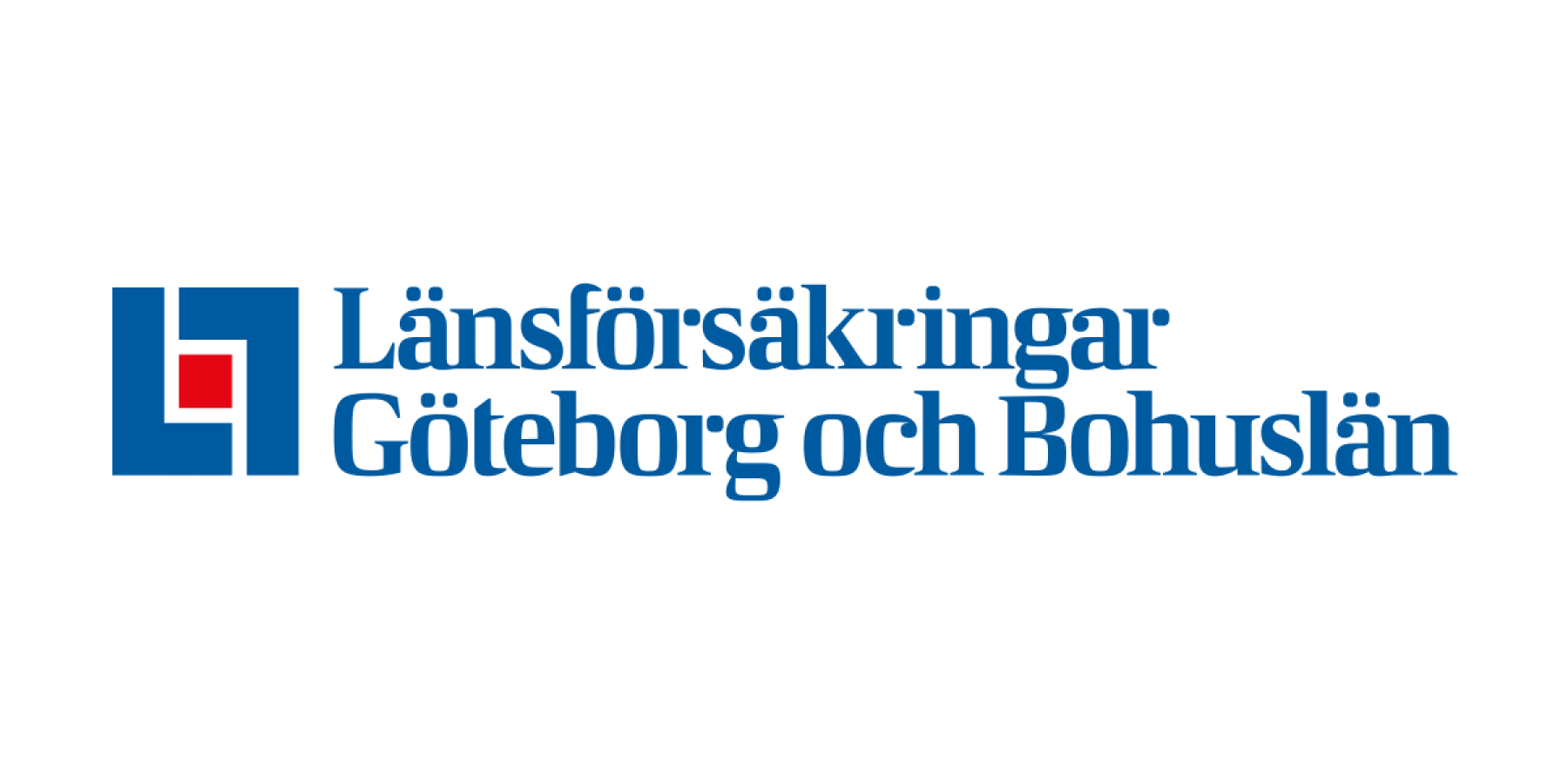The reason Judi tells stories at the sports school in Congo
Our volunteers at the sports school CF Gothia in Congo-Brazzaville, Nils and Sture, have sent a new greeting. This time they’ve met Judi, who is responsible for the school’s important social activities.

At half past three every Tuesday to Saturday, all children and young people gather at the school for various social activities. These activities are an opportunity for them to learn about the important things of life. It can be anything from democratic values to the importance of being a good friend and role model. One of three leaders for the activities is Judi. He is 29 years old and comes from the Bouenza region, an area located just 200 kilometers west of the capital Brazzaville.
”Madingou to be more specific. My parents still live there”, he says.
In 2011 he moved to Brazzaville to study. And he has remained here ever since.
”I studied at an institute here in Brazzaville. After graduating from the program, I was given the title ’Maitre de Formation et de l’Education Populaire’”, he proudly says.
His teacher degree has given him the skills needed to take charge of the social activities at Gothia. We are impressed with Judi’s will and dedication during the lessons, which can be laid out in slightly different ways.
”For example, we have ’Le Conte’”, he says.
“Le Conte”, or “The Story” is something we’ve been listening to and we ask him to give an example of one of the stories he usually tells.
”’Le Conte’ is a story about manners that is either real or inventive. I recount it as if I were there myself. I take on the roles of the characters described in the story. Take “Le petit grillon chanteur” (translation: ”The Little singing cricket”) as an example, Judi says and continues:
”The story is about a cricket that always sings. One day a person gets enough and the cricket is forbidden to sing. This results in the sun no longer setting. You could say that the clock stops. No mornings, no evenings, no nights. It simply is day constantly. The people work hours after hours. In the end, they can no longer stand it. When the people asks why the sun never sets they get the answer that it’s because the cricket no longer sings. When the people ask the little cricket how it is that it no longer sing, the cricket responds that it’s because it has been forbidden to sing. That a person was annoyed by the constant noise of the little cricket, and thus forbade it to sing”, Judi explains.

The message from this story, Judi says, is that everyone has a value and a reason for being and doing what they do.
”Although some people dislike what you do, this doesn’t mean that what you do is wrong or worthless. What you do matters and every person plays their part in society”, explains Judi.
At the lessons, Judi tells the story first, then he asks questions which forces the children to reflect on what they’ve heard. “Why doesn’t the cricket sing anymore? Well, because it was forbidden to sing. Why was it forbidden to sing? Because the “noisy” annoyed a grumpy type. What happened then? The sun never set, and this affected everyone in a negative way. So why then was the cricket forbidden to sing at first?” And so on.
It’s this kind of reasoning that Judi engages the children in. We’ve seen him “in action” and are impressed by his pedagogical ability and ways of dealing with the children. It’s clear that they learn a lot, and most importantly – that they have fun along the way. Judi’s hope is that one day he will be able to run his own kind of school for children.
”I would like to open my own center, where young people can socialize and develop together. A center steeped in enterprise and forward thinking. This is lacking in the Republic of Congo, but is something that I think is needed to avoid young people in the absence of anything else hanging out at bars, where they get drunk, or making other stupid stuff to distract themselves. It can go so badly that they end up on the street, and I want to do everything in my power to prevent it”, he says.
What do you hope the kids at the Gothia sports school will learn and bring into adulthood?
”I hope that the years at Gothia will enable the young people to one day be able to take on the role of coach. That they, like me and you volunteers, should one day come back and teach the next generation about democratic values, respect and the importance of being a good companion and role model. Then I have succeeded in my work”, he says.
















